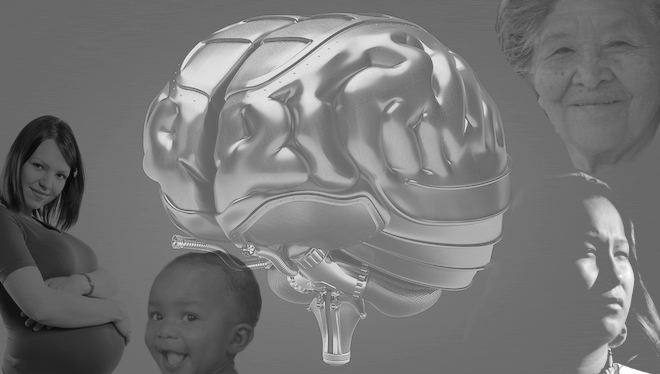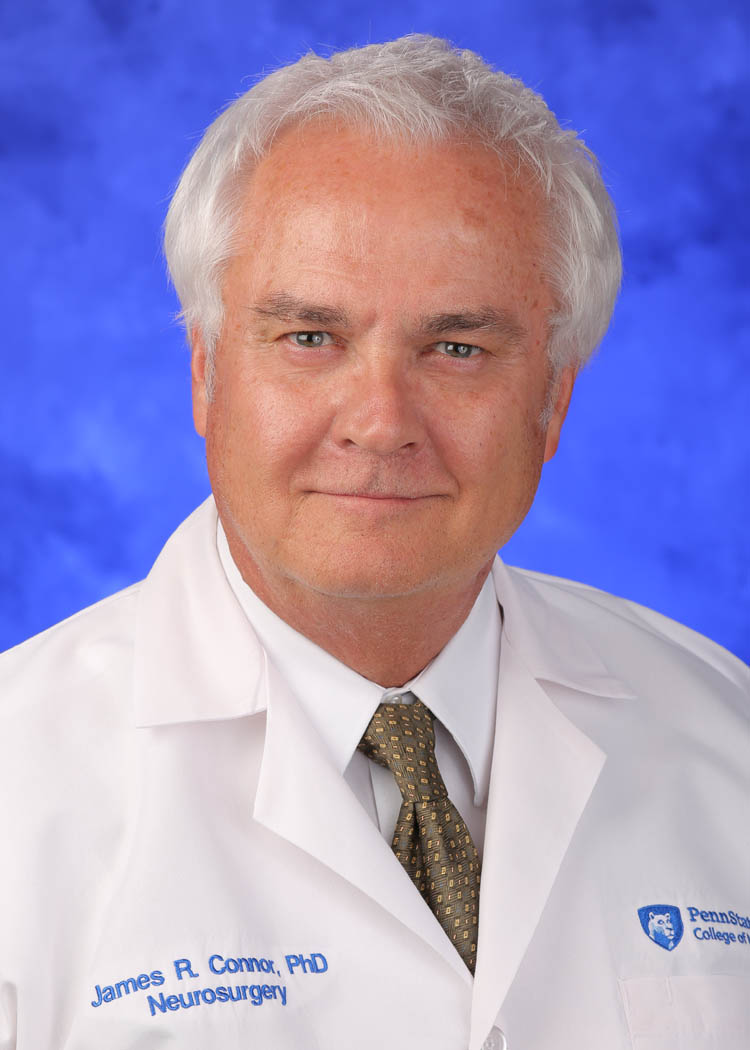
Nutritional Neuroscience: The Metal in Your Head
PSY 4113
Michael Wenger, Department of Psychology
Iron deficiency (ID) and iron deficiency anemia (IDA): they used to be called "tired blood,'' and in the 1950s and 1960s, celebrity spokespersons such as Betty White described the effects of ID/IDA as feelings of being run-down or tired, or just a little slow. All of this, it was suggested, could be fixed by a couple of tablespoons of Geritol. However, instead of what might be considered a mild inconvenience, ID and IDA are major health concerns, representing the single most prevalent nutrient deficiency in the world, with some estimates suggeting that more than 1.6 billion people world-wide are affected. The majority of those affected are children and women of reproductive age, although there are important effects later in life as well. Although the risk factors for ID and IDA include poverty and other resource limitations, both are prevalent in developed nations and in resource-rich contexts.
Understanding the relationships between iron status and brain health requires the ability to think about those relationships simultaneously at multiple levels of analysis: the biochemistry of iron homeostasis, the cellular neuroscience of iron and its effects on neurotransmitters and brain energy use, the systems-level neuroscience of the effects of iron on brain circuits, and the cognitive psychology relating all of this to the ways in which we function in the world. The need to think of these issues at all of these levels is the hallmark of psychology, an inherently integrative science. As such, consideration of the multiple facets of iron deficiency offers a unique and compelling opportunity to engage students near the close of their undergraduate experience in the thinking-across-levels that is requisite in psychology.
View Course Flyer [PDF]
Public Lecture Series
The Department of Psychology presents a public lecture series in conjunction with the Presidential Dream Course. Presentations are free and open to the public. For information or accommodation to events on the basis of disability, contact Michael Wenger, Michael.J.Wenger@ou.edu.
Fetal Origins of Adult Disease: The Brain Version

Thursday, February 9, 2017
7:00pm
Robert S. Kerr Auditorium
Sam Noble Museum
Michael Georgieff
Professor of Pediatrics and Child Psychology
Director of the Division of Neonatology
University of Minnesota
Michael K. Georgieff, M.D., holds the position of Professor of Pediatrics and Child Psychology and Director of the Division of Neonatology. He received his M.D. from Washington University in St. Louis, Missouri. He served his internship and residency at The Children’s Hospital of Philadelphia. He followed with a residency in neonatology at the University of Pennsylvania and at the University of Minnesota. In addition to attending on the Neonatal Intensive Care Unit, Dr. Georgieff is director of the NICU Follow-up Clinic, director of Neonatal Nutrition Support Service and director of the Center for Neurobehavioral Development. Dr. Georgieff’s research focuses on fetal/neonatal nutrition, specifically, the effect of fetal/neonatal iron nutrition on brain development and neurocognitive function. He has published in numerous journals, including American Journal of Physiology, Pediatric Research, Journal of Nutrition and Journal of Pediatrics. He has written and contributed to a number of book chapters and has over 100 published papers.
Behavioral Consequences of Iron Deficiency in Pregnancy

Thursday, February 23, 2017
7:00pm
Seminar Room
National Weather Center
Mari Golub
Adjunct Professor of Internal Medicine, University of California, Davis
Iron status and Neuropsychological Functioning in Women and Children

Thursday, March 9, 2017
7:00pm
Robert S. Kerr Auditorium
Sam Noble Museum
Laura Murray-Kolb
Associate Professor of Nutritional Sciences, Penn State University
What is Iron Doing in Your Brain and Why Should You Care?

Thursday, March 30, 2017
7:00pm
Robert S. Kerr Auditorium
Sam Noble Museum
Jim Connor
Distinguished Professor of Neurosurgery, Neural and Behavioral Sciences and Pediatrics
Vice Chair of Neurosurgery Research
Director, Center for Aging and Neurodegenerative Diseases
Penn State College of Medicine
Health Factors and Behaviors that Impact the Aging Brain

Thursday, April 20, 2017
7:00pm
Robert S. Kerr Auditorium
Sam Noble Museum
Ana Daugherty
Post Doctorate Fellow, Beckman Institute For Advanced Science And Technology, University of Illinois
Effects of Improved Iron Status on Physical and Cognitive Performance: Results in India and Rwanda

Thursday, May 4, 2017
7:00pm
Robert S. Kerr Auditorium
Sam Noble Museum
Jere Haas
Professor Emeritus of Maternal and Child Nutrition, Cornell University

